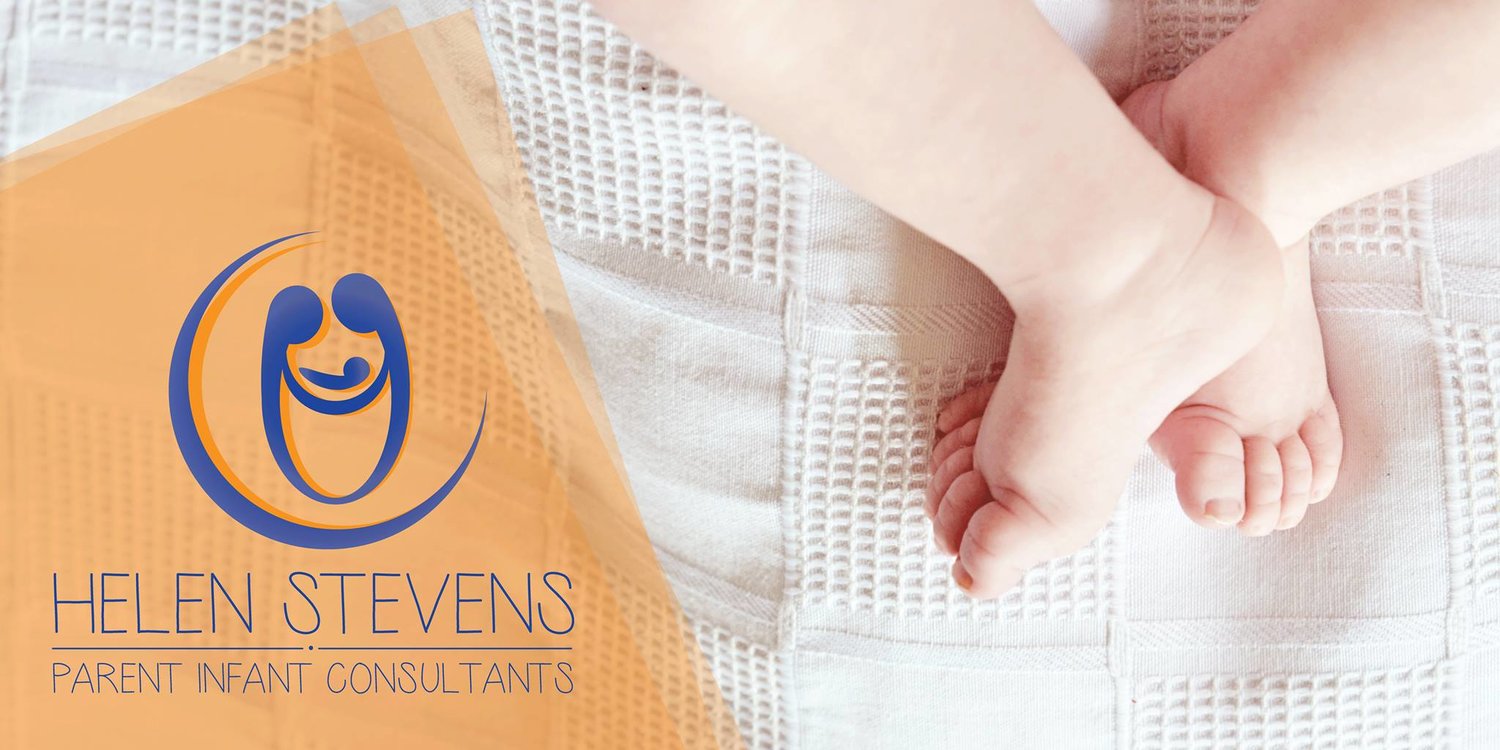Do babies really have personalities right from birth? Yep, they sure do!
Your baby has DNA that carries a range of information, including their personality, and it can be seen in the first few days.
Every baby is different
They all respond differently to their environment and care-giving.
Temperament is measured in terms of how your baby reacts to events around them, such as how they cope with their care. Some babies can be handed from one person to another without any fuss. These babies usually tolerate a nappy change and the bath with relative ease – they seem generally more relaxed.
Other babies are more sensitive and reactive. They find being held by a stranger unsettling, or having a nappy change distressing. Being undressed for the bath... well that’s basically catastrophic. They find changes difficult and settling down for sleep can be very challenging for some.
This is exactly why we can never expect our babies to be the same as others, and why we have to look at our baby and read their individual cues to see what care they need.
Don't force a routine
So if you read a sleep ‘technique’ that relies on the time of day, then it is certainly not going to be respectful of your baby’s individual responses and experiences, let alone temperament.
That’s why it’s important to be guided by your baby’s tired signs and communication at sleep time, so you can provide care that’s appropriate for your little one.
There are no good and bad babies. Some react more intensely than others. Some are more alert and sensitive to their environment and more likely to need extra support when settling for sleep.
When you think about your babies temperament, have a think about their gene pool – who are they like? This may help you be more understanding and kinder in the care you offer. If you flip your lid quite quickly and tend to be quite vigilant about order and patterns, you may well have a baby who needs slow and gentle care. They may become overwhelmed quite easily, and so you may need to comfort them differently. They’ll respond to quiet voices and slow, gentler nappy changes for example.
Lower intensity babies might be able to sleep for longer periods or drift off to sleep more readily, but they’ll probably be really hard to get to school on time!
Temperament is not a good or bad thing and it is not everything. By that I mean many things influence genetic expression, especially when we’re young and impressionable. If a baby with heightened sensitivity is born to a low intensity mother, the baby may well be quite relaxed because the care he receives is calming and contains his high emotional arousal.
Equally if a calm, relaxed baby grows up in a family with lots of shouting and arguments, she may well behave like a reactive, stressed baby. The environment can affect temperament, as can care giving.
So the next time someone says they have a great solution for your baby, be very wary that what works for one, may be distressing for another. Be alert to the individuality of your baby and provide care that is driven by your baby’s responses to the world around them.
Author: Helen Stevens. RN. RM. MCHN. BAppSc. MMHS. Manager of Clinical Services, Education and Research.
Parent Infant Consultants. 0411880720.

